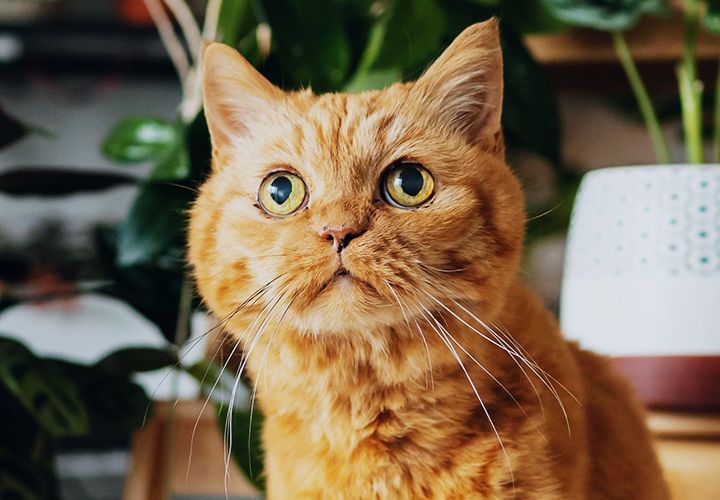Senior Pet Care
We'll make every effort to maintain your pet's
health and comfort during their senior years.
Senior Pet Care
We'll make every effort to maintain
your pet's health and comfort during
their senior years.
As pets age, their needs change.
Like humans, senior cats and dogs tend to become less energetic and more prone to certain health issues as they age. But they don’t have to suffer from disease and pain in their older golden years. At The Colony Animal Clinic, we specialize in providing senior pet care in The Colony so that your pet may enjoy their later years in peace and health.
TAKING CARE OF OLDER PETS
Senior Pet Check-Ups
Older pets require periodic senior pet blood panels and wellness check-ups twice a year to track their health. It might be difficult to tell if a dog or cat is ill or aging normally, so regular senior pet health examinations are essential. After all, you want to spend as much time as possible with your cherished pet. Older cats and dogs also tend to slow down, so adjusting their diet is essential. If you don’t change your furry friend’s diet as they age, obesity and other issues become more likely. We offer nutritional counseling to make sure your older pet is getting the healthy pet food that they need.
TAKING CARE OF OLDER PETS
Compared to their younger counterparts, older animals are more prone to arthritis, heart disease, cancer, and other health issues. The precise age at which a pet turns senior varies depending on a number of factors, but on average, they are regarded as “seniors” after they are around seven years old. Our veterinarians have experience caring for senior cats and dogs and can provide services from life-saving pet surgeries to advice on exercise for your senior pet. If your pet may be reaching their final golden years, we can also provide pet hospice to help you keep your beloved companion comfortable.
Senior Pet Check-Ups
Older pets require periodic senior pet blood panels and wellness check-ups twice a year to track their health. It might be difficult to tell if a dog or cat is ill or aging normally, so regular senior pet health examinations are essential. After all, you want to spend as much time as possible with your cherished pet. Older cats and dogs also tend to slow down, so adjusting their diet is essential. If you don’t change your furry friend’s diet as they age, obesity and other issues become more likely. We offer nutritional counseling to make sure your older pet is getting the healthy pet food that they need.


EXPERIENCED SENIOR PET CARE IN THE COLONY
The Colony Animal Clinic is the place to go for senior pet care in The Colony.

High-Quality Vet Services
The Colony Animal Clinic provides comprehensive senior pet care for dogs and cats in The Colony, Castle Hills, Frisco, Plano, McKinney, and Prosper.







